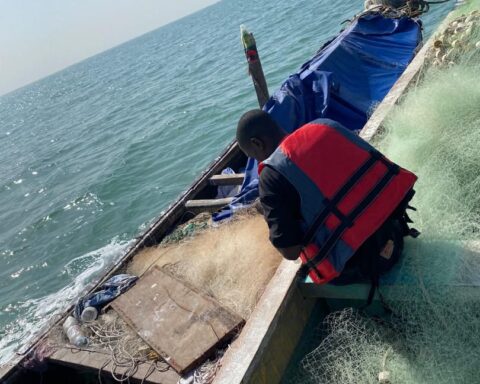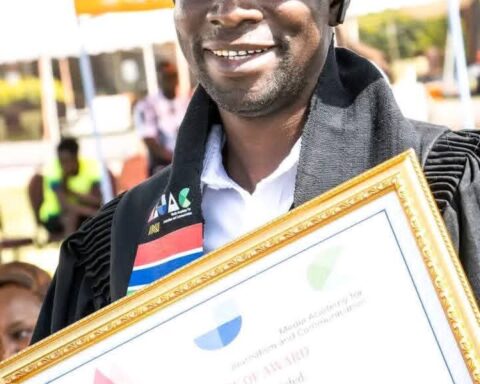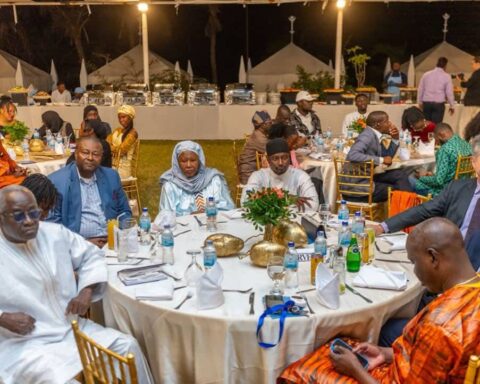By: Fatou Krubally
Former Minister of Trade, Babucarr O. Joof, has pledged a series of reforms aimed at addressing key challenges faced by local producers.
These challenges, he says, include high electricity costs, limited access to finance, and competition from imports.
Mr. Joof, the former Minister of Trade, Industry, Regional Integration, and Employment, who is currently the Minister of Defense, pledged in parliament on Wednesday.
Speaking in response to the report of the National Assembly Select Committee on Trade and Regional Integration, which recently toured local producers nationwide, Minister Joof welcomed the findings and commended the committee for highlighting pressing issues affecting Gambian businesses.
“There is indeed an acute need for all stakeholders to support local production in The Gambia, and my Ministry is promoting this through the Made in The Gambia initiative,” he said, emphasizing that promoting domestic production is vital for job creation and boosting trade competitiveness.
On electricity, Joof acknowledged that high tariffs remain a barrier for the agriculture and manufacturing sectors. He revealed that the government is expanding renewable energy projects, including solar and regional initiatives, while advocating for lower electricity costs for key productive sectors.
Addressing the issue of finance, the minister noted the difficulties small and medium enterprises (SMEs) face in accessing affordable credit. He said regulations to operationalize the Enterprise Development Fund are near completion, and the Social Development Fund is being transformed into a Development Bank to facilitate long-term financing.
The minister also highlighted government efforts to protect local industries from unfair import competition. Support measures have been targeted at products such as cement, flour, onions, potatoes, rice, beverages, dairy, and poultry. These measures aim to strengthen food security, create jobs, and reduce dependence on imports.
Moving on to trade facilitation, Joof cited ongoing reforms at the Port of Banjul, which have reduced congestion and improved efficiency under ALPORT management. He further announced that construction of a new deep-sea port in Sanyang has begun, which is expected to enhance The Gambia’s regional trade capacity and accommodate larger vessels.
Concluding, the minister reaffirmed the government’s commitment to implementing the committee’s recommendations, urging all stakeholders to collaborate in supporting local production and building a resilient economy.
“This is how we can create jobs, reduce import dependency, and secure a brighter future for Gambians,” he said.
The post Former Trade Minister Vows Bold Reforms to Support Local Producers appeared first on .




